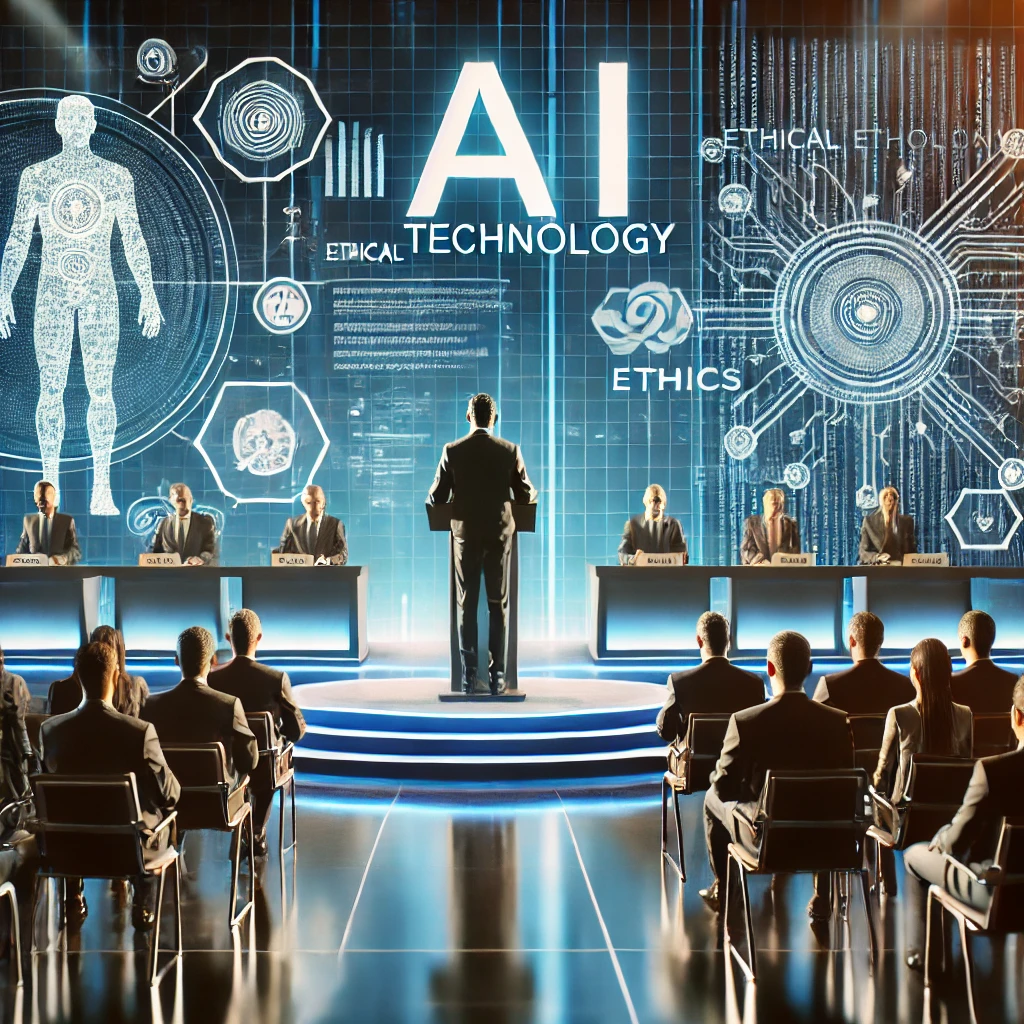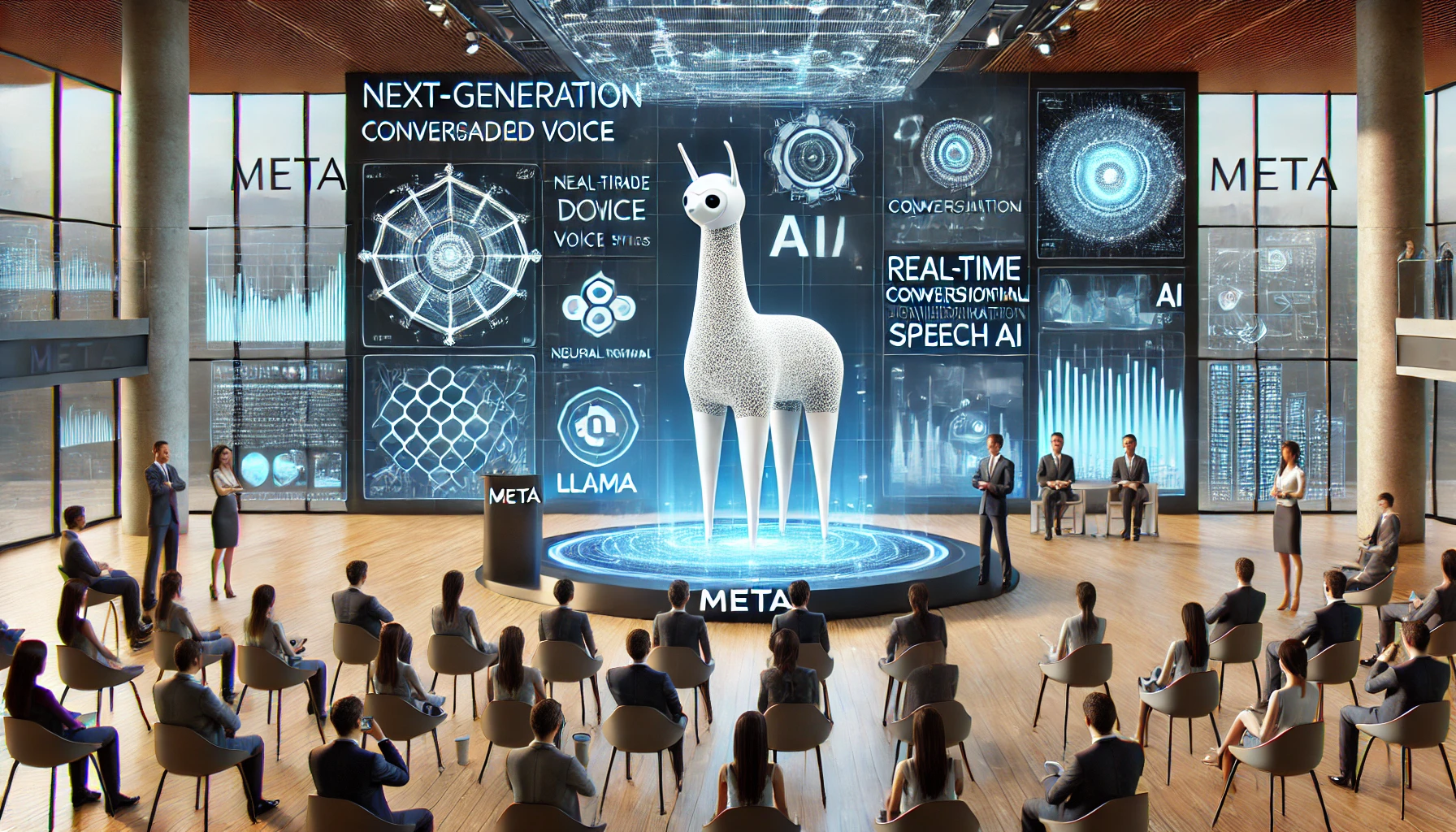As discussions intensify about Donald Trump’s potential approach to artificial intelligence in a future term, his actions during his first tenure offer some insight. During his previous administration, Trump’s approach to AI largely focused on promoting innovation to maintain the U.S.’s global tech leadership while avoiding regulatory constraints that could limit corporate growth. However, the rapid evolution of AI and growing ethical concerns present new challenges that a potential second term would need to address.
In his first term, Trump launched the American AI Initiative to bolster AI research and development, emphasizing minimal government intervention. A similar approach could be expected, with a likely emphasis on prioritizing U.S. competitiveness in AI, potentially by fostering partnerships between government and private sector players. However, Trump’s criticism of what he calls “woke” policies could also impact how ethical and safety guidelines are framed, which might result in a more hands-off approach to AI governance.
As AI’s role in critical sectors like national security, healthcare, and education grows, Trump’s potential return to office raises questions about how he would handle issues such as AI ethics, data privacy, and workforce implications. His second approach to AI may lean heavily toward national interests, prioritizing technological dominance over regulatory oversight.





